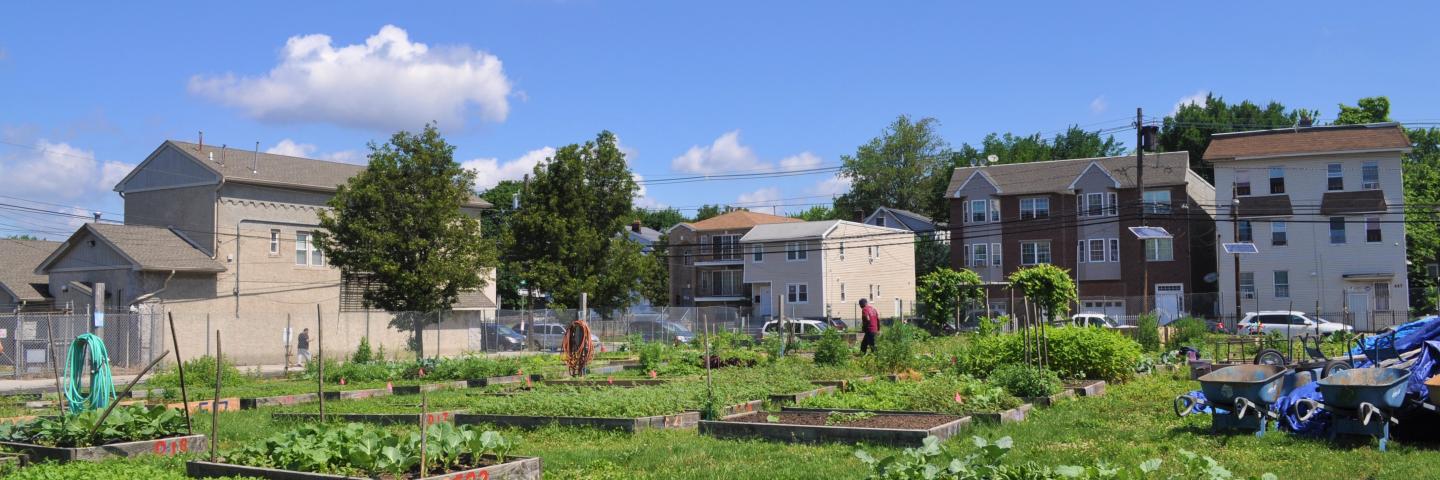
New Jersey’s urban agriculture pioneers are taking action in their communities, growing not just produce, but also providing jobs, beautifying their neighborhoods, and offering access to fresh, healthy food in areas where grocery stores are sparse.
The USDA Natural Resources Conservation Service (NRCS) in New Jersey supports urban agriculture by providing technical and financial assistance to protect and conserve natural resources. These resources include soil, water, air, plants, animals, and energy. NRCS provides technical and financial assistance for urban growers in areas such as:
Conservation Practices
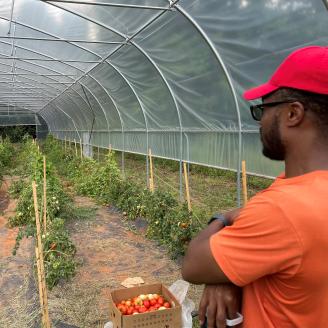
High Tunnels
High tunnels extend the growing season and protect plants from harsh weather, air pollution and pests. By making local produce available for more months in the year, fewer resources are used to transport food.
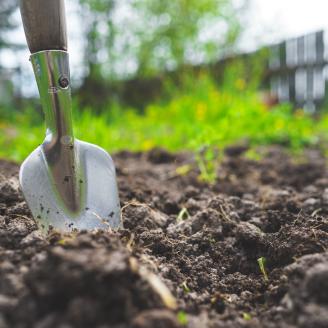
Soil Health
NRCS- NJ provides free soil testing for community gardens. These tests can assess if your garden soil is performing optimally from physical, chemical and biological perspectives, ensuring the quality and quantity
of your produce as well as the health of the local environment.
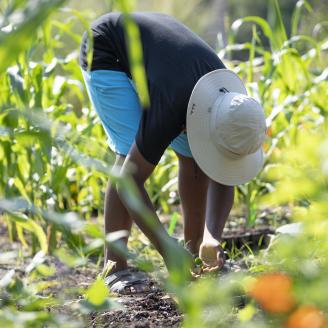
Managing Weeds & Pests
NRCS can help with pest management practices – advising on crop rotations and various types of mulches to reduce weeds and manage insects that harm crops.
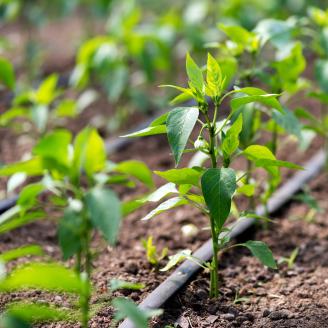
Irrigation & Water Management
NRCS develops irrigation water management plans to assist urban farmers such as rainwater catchment, automated pumps, pipelines and water-efficient drip irrigation systems to help reduce water use, soil erosion and maximize yields.
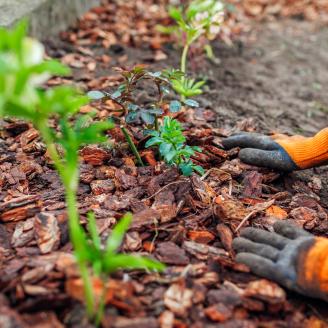
Mulching
Applying mulch to urban gardens can conserve soil moisture, moderate soil temperature, provide erosion control, suppress weed growth and improve soil conditions.
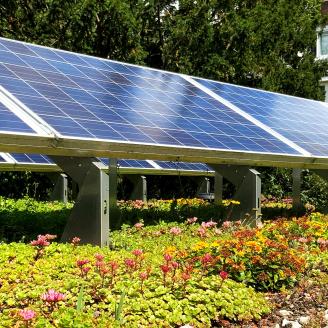
Energy Efficiency
Urban Farming is part of the green infrastructure movement. Recommendations from NRCS Energy Audits have funded conversions of combustion motors such as those in irrigation pumping systems to the use of electric, solar or gravity fed systems. Audits also encourage the use of high efficiency heating and cooling systems that reduce costs.
Find out how you can reduce your energy costs through NRCS' Energy Estimators.
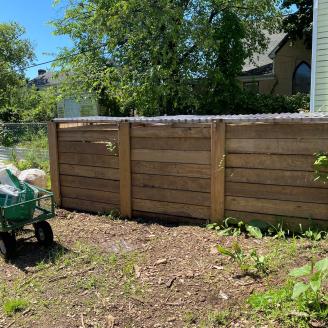
Compost Facility
Composting facilities transform organic waste into a soil amendment that improves soil health, provides slow-release plant-available nutrients, and suppresses plant disease.

Pollinator Habitat
Pollinator habitat has multiple benefits to the conservation of natural resources. Along with wildlife value, the native plants used to create pollinator habitat can help stabilize the soil, improve water quality, sequester carbon, improve landscape aesthetics, and in some instances can be a source of value-added products for the farm.
New Jersey Urban Conservation Project Grants - Conservation Technical Assistance (CTA)
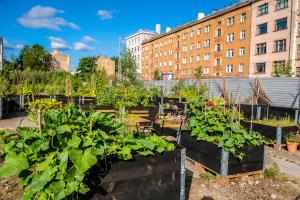
In addition to offering assistance to local producers, NRCS-NJ hopes to challenge community partners to establish urban, community, and pollinator gardens across the state by providing technical and financial assistance through CTA grants.
Selected projects will receive technical and financial assistance to implement natural resources conservation practices such as:
- Low tunnels
- High tunnels
- Composting facility
- Micro-Irrigation
- Food gardens
- Rainwater harvesting
- Raised garden beds
- Pollinator habitats
- Urban trees (orchards)
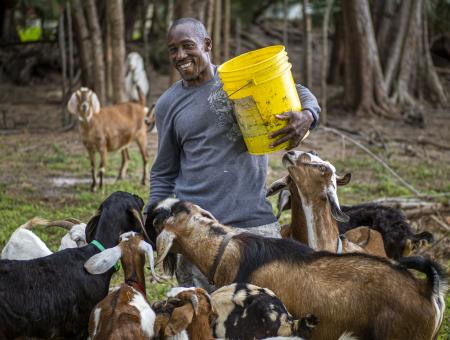
Historically Underserved Producers
Some groups of people are identified in Farm Bill legislation and in USDA policy as being Historically Underserved (HU). Members of these groups have been historically underserved by, or subject to discrimination in, Federal policies and programs. Four groups are defined by USDA as “Historically Underserved,” including farmers or ranchers who are: Beginning; Socially Disadvantaged; Veterans; and Limited Resource.
Resources
Limited Resource Farmer/Rancher Self-Determination Tool
The Limited Resource Farmer/Rancher tool enables potential Limited Resource Farmers and Ranchers (LRFR), Beginning Farmers (BF), and Socially Disadvantaged Farmers or Ranchers (SDA) to ascertain their eligibility for various USDA programs and benefits.
Urban Agriculture Brochure
Our Urban Agriculture at a Glance brochure details additional resources available to producers.

